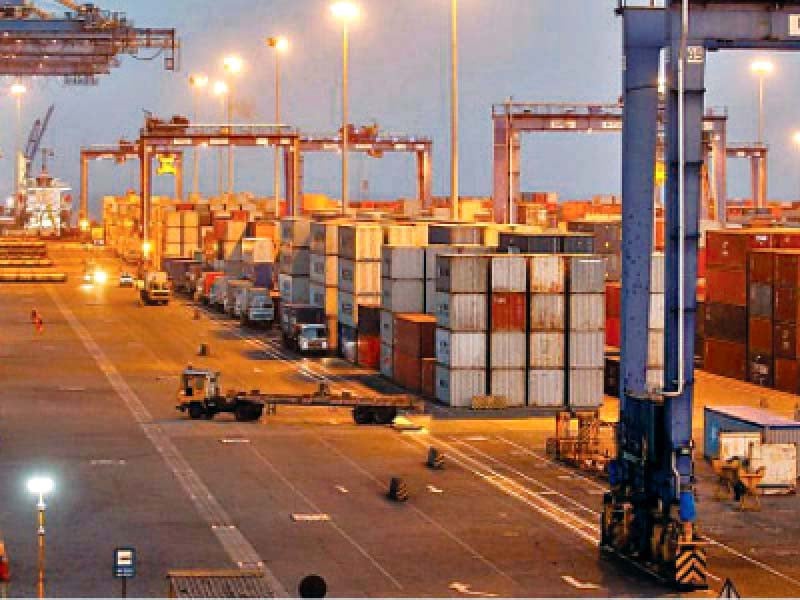Pakistan repaid $1 billion for a maturing Eurobond on Friday last week (April 12). There was market consensus that the reserves would temporarily drop to around $7 billion before the receipt of International Monetary Fund (IMF)’s last tranche of $1.1 billion later in April.
In its weekly update on Thursday, the central bank said “during the week ended April 12, 2024, the SBP’s reserves increased by $14.4 million to $8.05 billion. During the week, the SBP executed the repayment of $1 billion maturing Pakistan’s international bond (principal plus interest).”
The growth in inflows may have stemmed from foreign funding from multilateral lenders like the World Bank and the Asian Development Bank, and the spike in workers’ remittances during Ramazan and the Eid festival.
Earlier, the central bank reported that remittances hit a two-year high near $3 billion in March 2024. In addition, exporters were selling almost all of their dollar proceeds on futures counters, believing that the rupee would appreciate ahead of the arrival of the $1.1 billion IMF tranche.
Meanwhile, the foreign currency reserves held by commercial banks dropped $82.4 million during the week under review, standing at $5.32 billion. Accordingly, the country’s cumulative reserves fell $68 million to $13.37 billion.
Rupee avoids larger losses
Pakistani rupee on Thursday continued its downturn, but managed to stave off larger losses after Finance Minister Muhammad Aurangzeb said that currency devaluation was not a condition of the International Monetary Fund (IMF) for a new loan package.
According to SBP’s data, the rupee ticked down Rs0.04 and closed at a new four-week low of Rs278.44 against the US dollar in the inter-bank market. It closed at Rs278.40/$ on Wednesday.
The currency has cumulatively depreciated by 0.51%, or Rs1.41, in the past three weeks compared to the five-and-a-half-month high close at Rs277.03/$ in the last week of March 2024.
Aurangzeb was in Washington and negotiating a new IMF programme. His statement that Pakistan’s foreign exchange reserves had remained stable despite the repayment of $1 billion for a maturing foreign debt also extended support to the rupee.
Besides, reports saying Saudi Arabia was taking keen interest in investing in Pakistan’s mining and oil refinery sectors improved the outlook of the rupee, which may remain stable in the short to medium run.
Financial experts said the rupee would remain stable around Rs280/$ in the short run ahead of the receipt of the last IMF tranche of $1.1 billion later in April under a $3 billion standby arrangement.
The Exchange Companies Association of Pakistan reported that the local currency depreciated Rs0.09 and closed at Rs279.66/$ in the open market.
Meanwhile, gold dropped Rs1,700 to Rs250,200 per tola (11.66 grams) in line with the global trend. The precious metal had hit an all-time high of Rs251,900 on Wednesday after it spiked beyond $2,400 per ounce (31.10 grams) in the international market.









